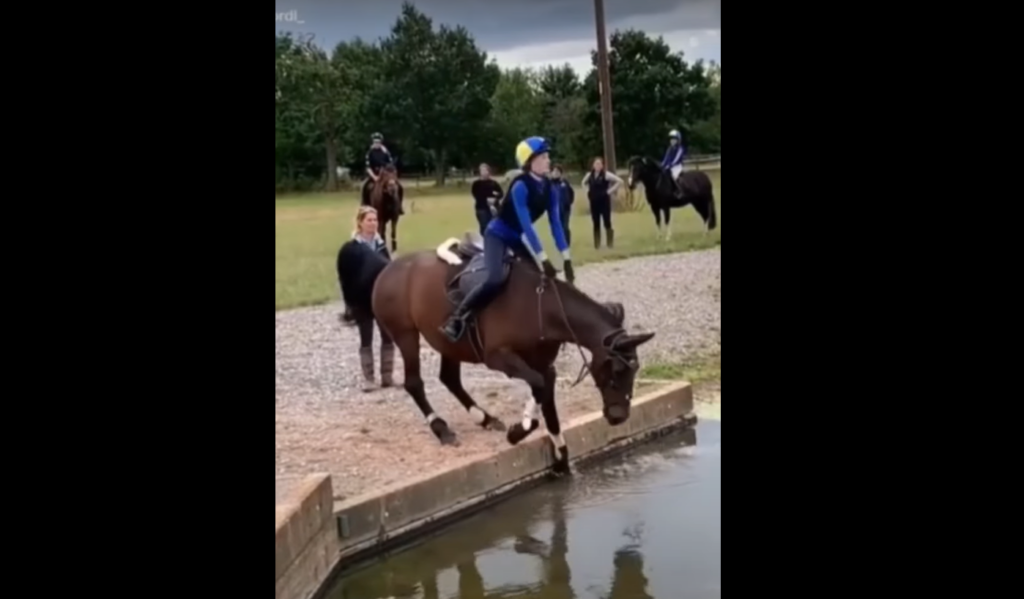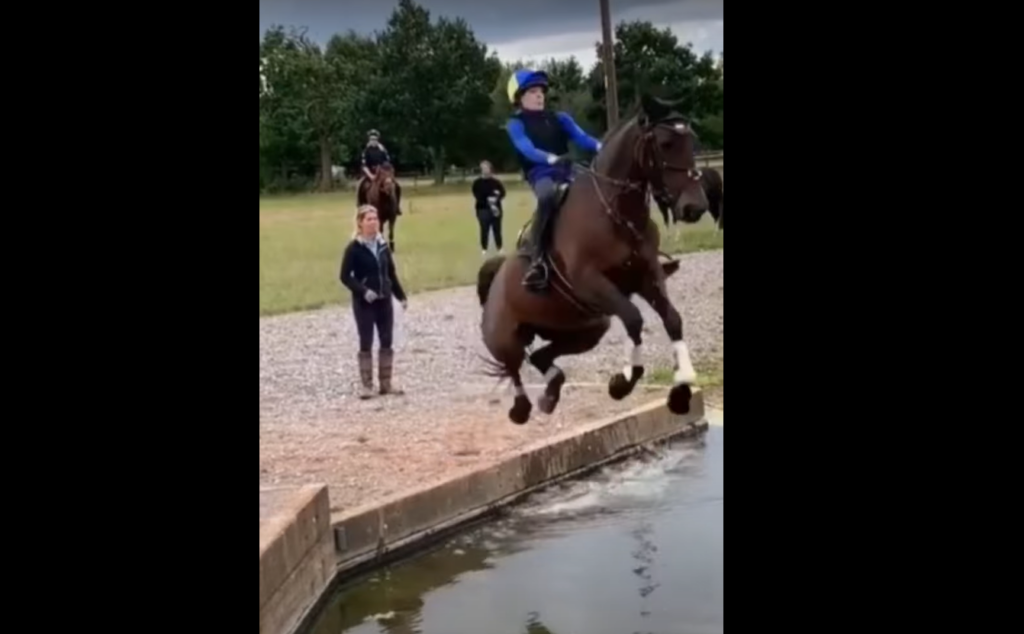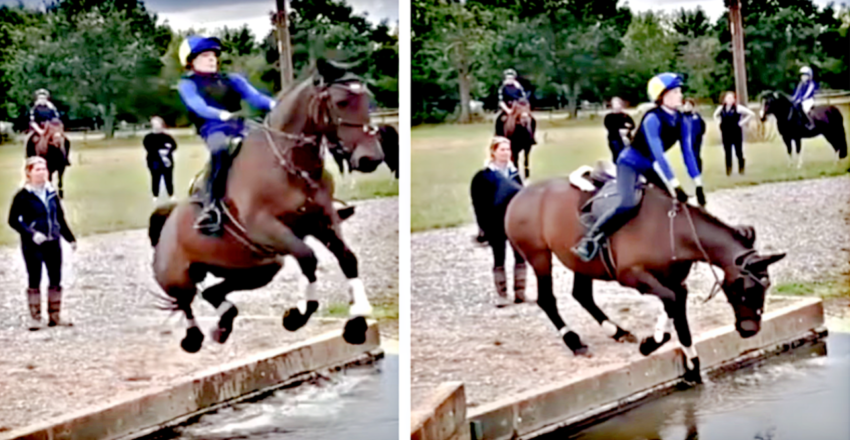Horses, as majestic and strong as they may appear, are sensitive creatures that can easily get afraid or spooked by various stimuli in their environment. A horse’s natural instinct is to flee from perceived danger, a behavioral trait that has evolved from their time as prey animals in the wild. Understanding the factors that can scare a horse is essential for their handlers and riders to provide a safe and comfortable environment for these gentle giants. There are several common causes of fear in horses. Sudden or unexpected movements, loud noises, and unfamiliar objects can startle a horse, triggering their flight response. Horses also have a strong sense of self-preservation, which can make them fearful of situations where they feel trapped or confined, such as being loaded into a trailer or encountering narrow spaces.

Additionally, horses have a heightened sense of smell and can become fearful if they detect an unusual or threatening scent in their environment. They may also be frightened by other animals, particularly if the horse has not been properly socialized or has had a negative experience with a specific species in the past. Visual stimuli can also cause fear in horses, as their eyes are positioned on the sides of their head, providing them with a wide field of vision. This allows them to detect potential threats, but also makes them more susceptible to being frightened by things that humans may not consider threatening, such as shadows or reflections. Horses are also more likely to be scared of things that are above them, as they cannot easily see in that direction.

Moreover, horses are sensitive to the emotional state of their handlers and riders. If a person is anxious or nervous, a horse may pick up on those feelings and become fearful themselves. For this reason, it is important for handlers and riders to remain calm and confident when working with horses. To help horses overcome their fears, gradual desensitization and positive reinforcement can be employed. This involves gradually exposing the horse to the source of their fear in a controlled environment, rewarding them with praise or treats for remaining calm, and eventually helping them to associate the previously scary stimulus with a positive experience.

Overall, horses can get afraid for various reasons, including sudden movements, loud noises, unfamiliar objects, and even the emotions of their handlers. By understanding these triggers and employing proper desensitization techniques, horse handlers and riders can help their equine companions overcome their fears and live more comfortable, confident lives. In the following video, we will show you the reaction of a horse while touching the water. Such a hilarious moment to watch! Please have a look at the video for more, let us know your thoughts, and do not forget to spread our the video on social media with your loved ones.
